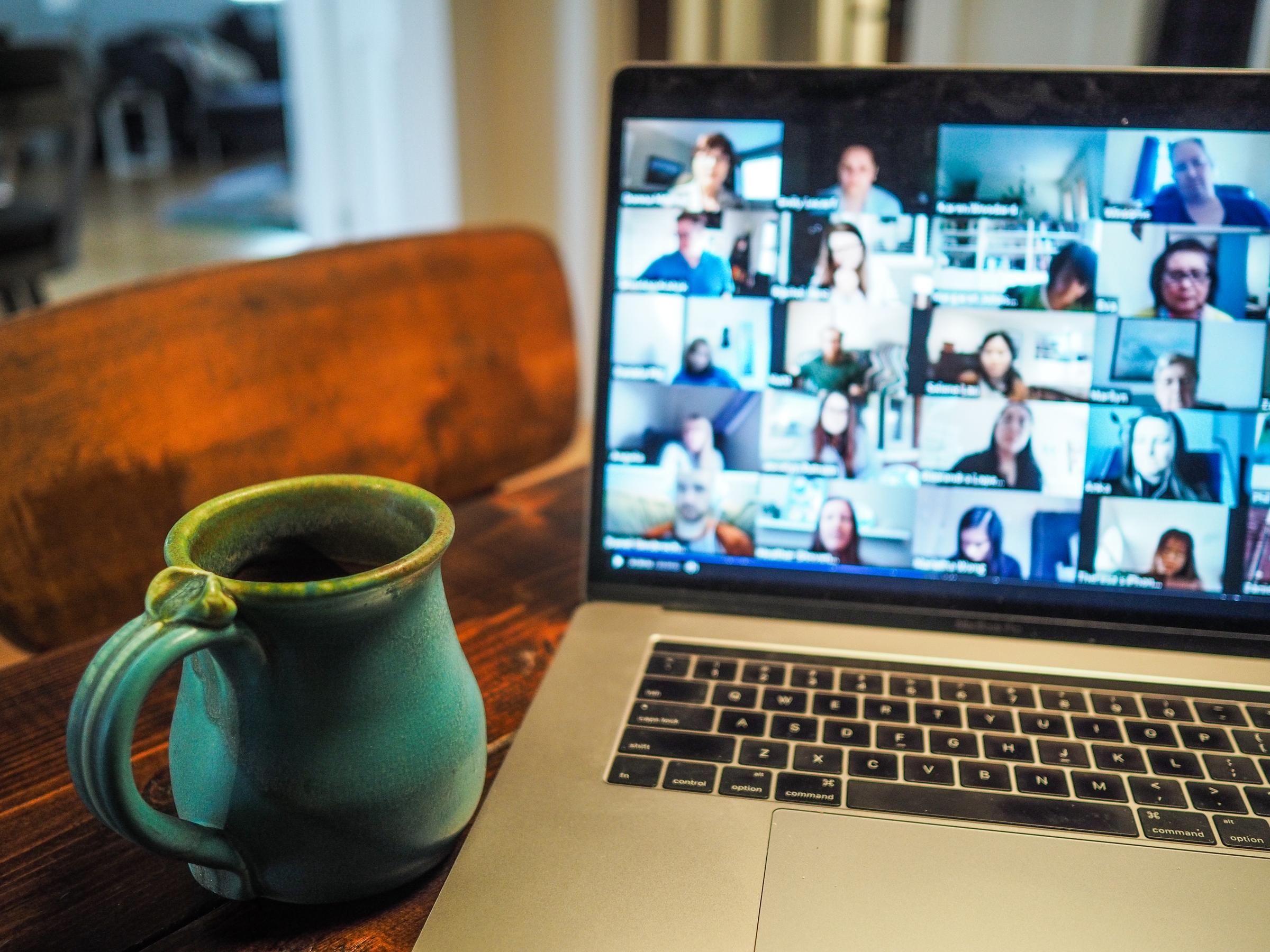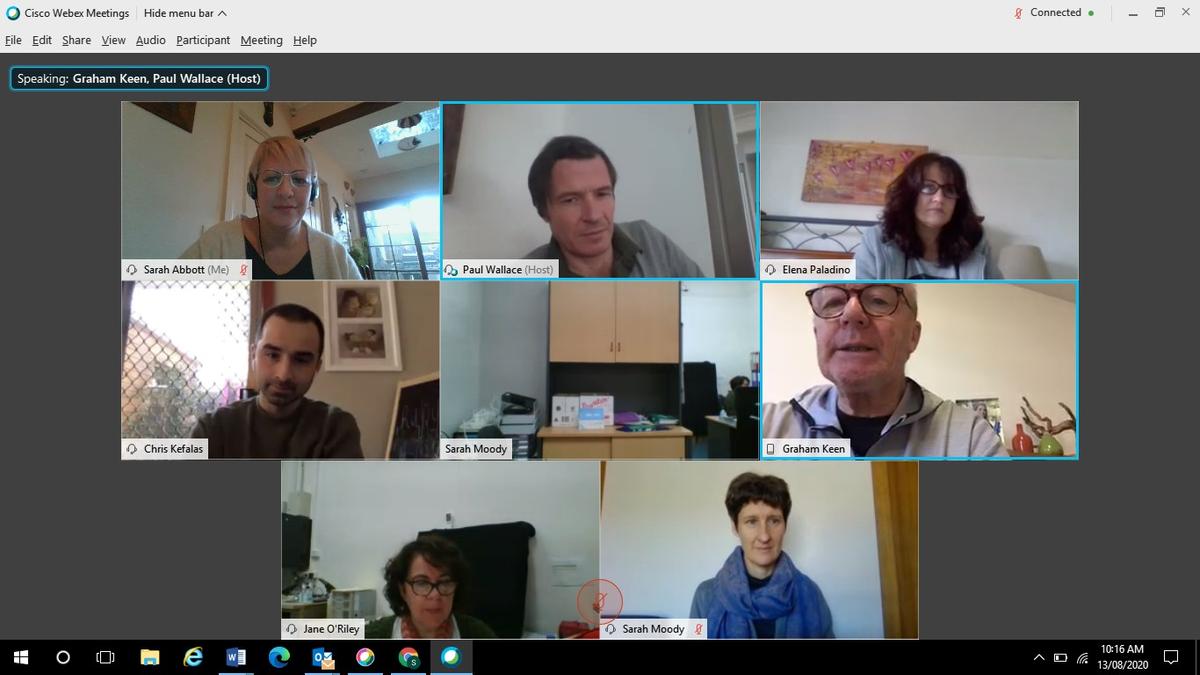Assistant Principal's Report

Back Home
Last time I wrote to you I was in rehab. I can now tell you that I am out! I am still using a walking stick to walk and need to go to weekly Physiotherapy and Occupational Therapy sessions, as well as my daily exercises. Each day I can feel myself getting stronger. I am starting back at work a few days a week so you will see me online soon.
Remaining Connected
During the first lockdown in term two, there was a feeling of solidarity and it was a bit of a novelty. Remote learning was new for all of us and we came up with ways to connect that we had never thought of before. This time around it is a bit different. We know how hard lockdown is. We know how hard remote learning is. Some of us may have lost our jobs and more of us are working from home alongside our children, limited with how often we can leave the house.
In this stressful and uncertain environment, it is important now more than ever to keep in contact with our support networks. If you are feeling a bit down or having a difficult day, call a friend, organise to FaceTime with someone, and reconnect with someone outside of your home.
Here is part of an article written by Julia Gillard, who is the chair for Beyond Blue. She talks about remaining connected during these uncertain times.
Just as there are practical steps we can take to reduce our risk of catching or spreading the virus, there are many things we can do to minimise distress and strengthen our emotional wellbeing.
- Firstly, if the constant stream of news about the virus is causing you or your family heightened anxiety – switch it off.
- While it’s important to stay informed of public health announcements, you don’t need to be plugged in 24 hours a day.
- Consider seeking news updates only one or two times a day, at set times and for a limited period.
- Then, move on to activities that lift your spirits – that might be spending time with a pet, watching your favourite TV show, going for a walk (if you can) or chatting to a friend on the phone or online.
- When you do seek information, refer to reliable sources such as The World Health Organization, the Australian Government or your local state or territory health authority, to make sure you’re getting the facts, not speculation or misinformation.
- Taking care of your body can also help build resilience – mental and physical. Try to maintain a healthy diet, exercise regularly, seek support to quit smoking, get enough sleep, avoid drugs, reduce your alcohol intake and practice regular deep breathing or meditation.
- It’s important that if you or a loved one are feeling anxious to not to let the worries spiral, and keep things in perspective.
For the full article, please follow the link below.
~ Sarah Abbott, Assistant Principal


